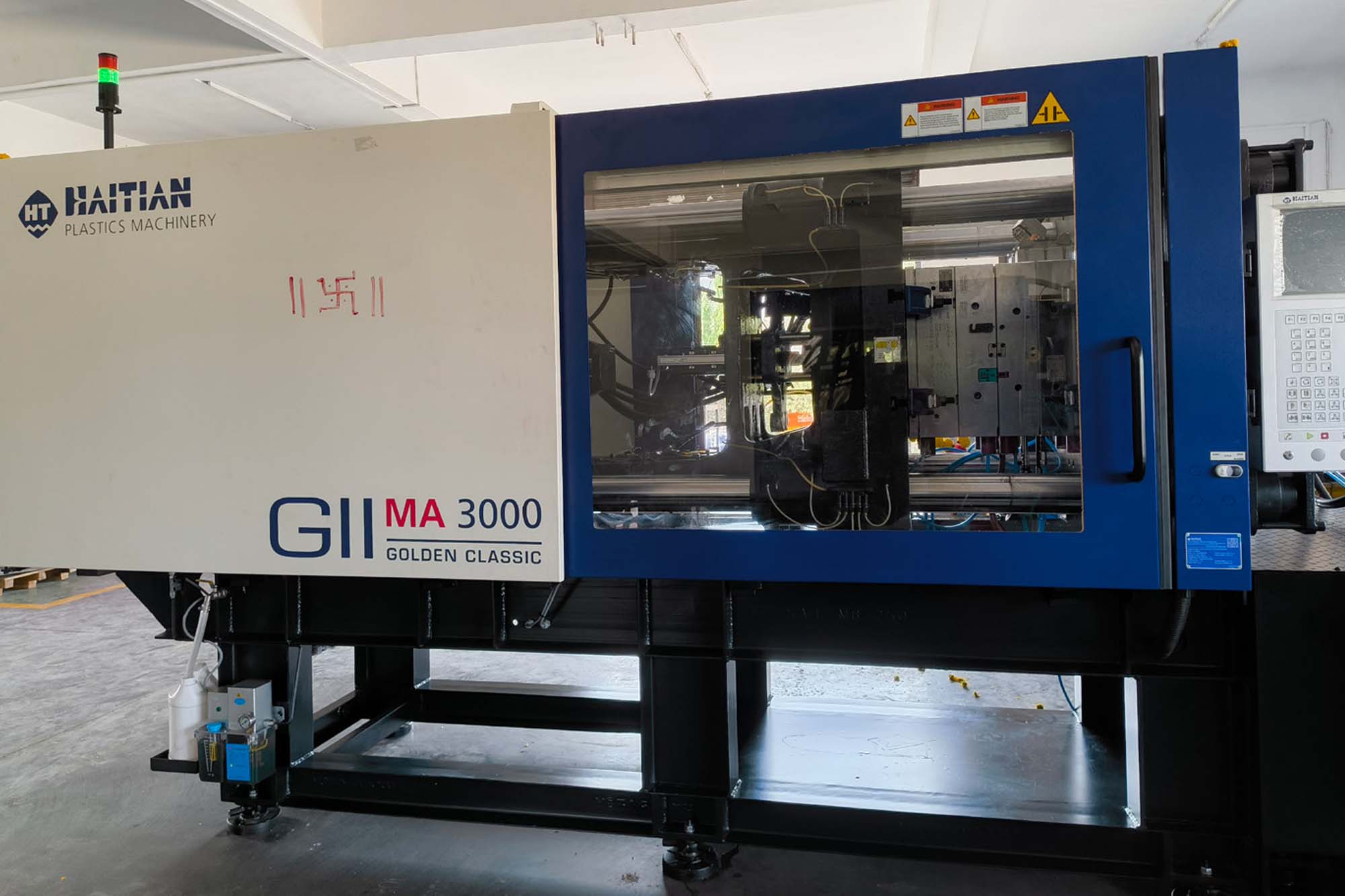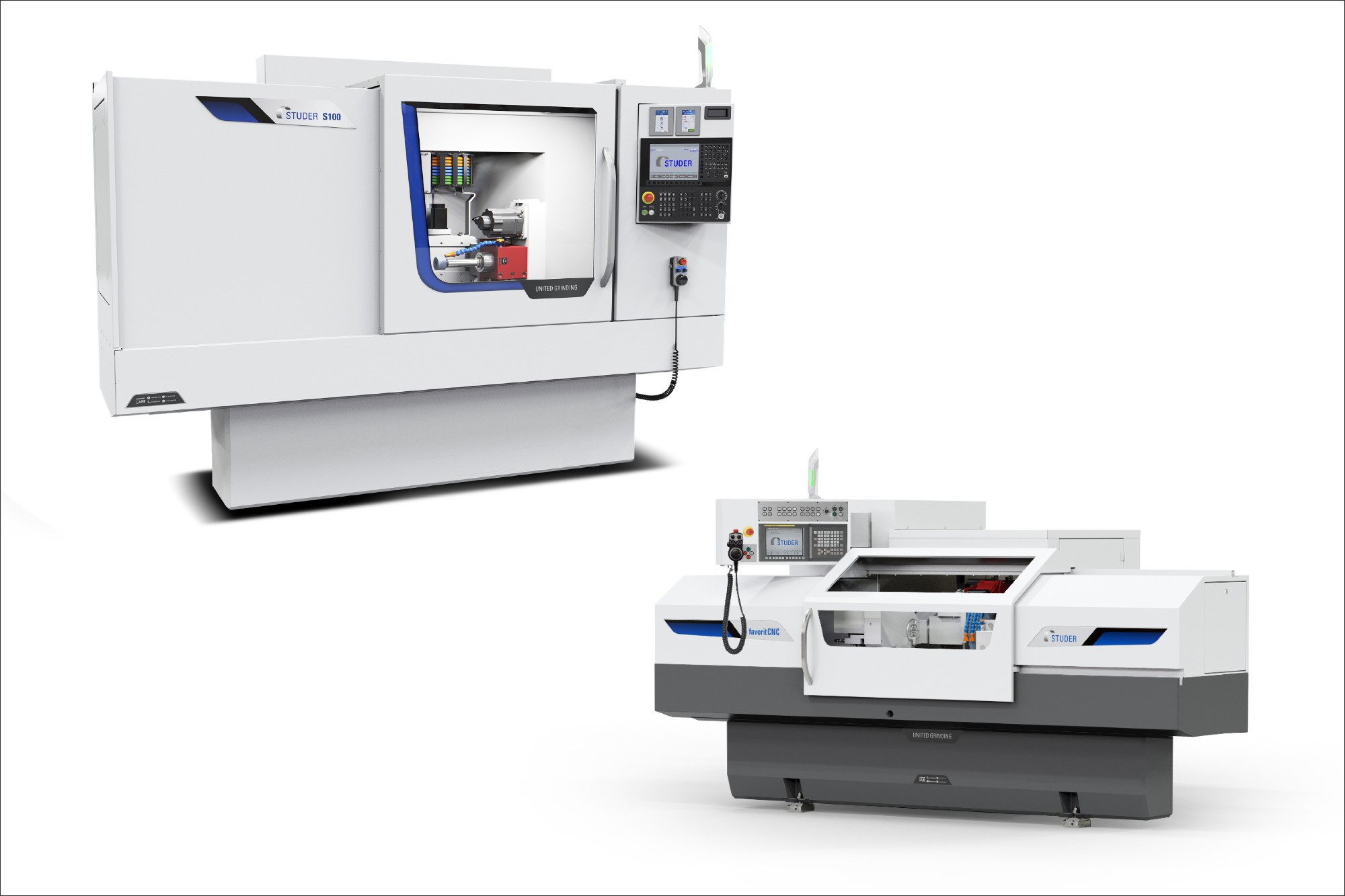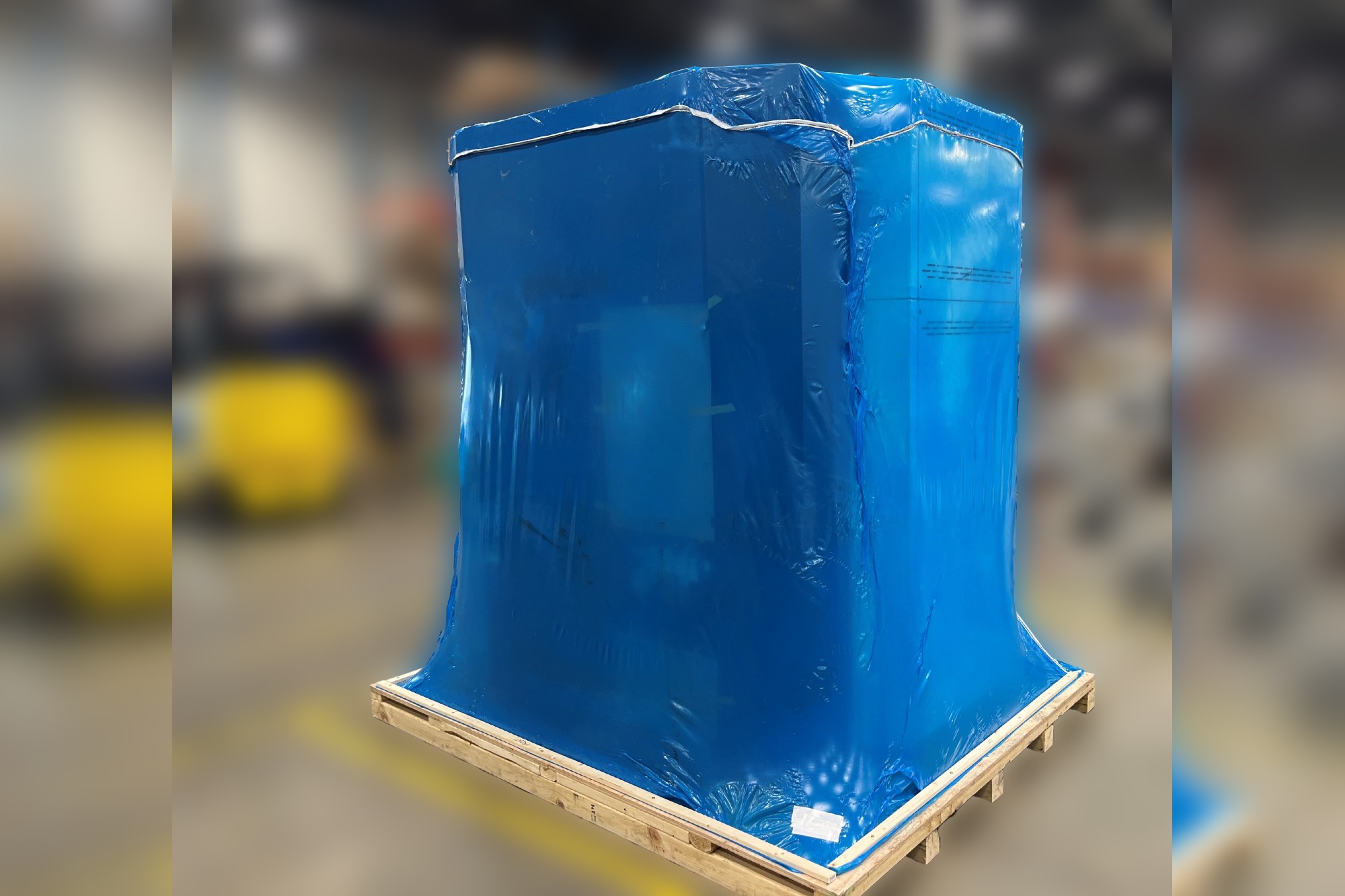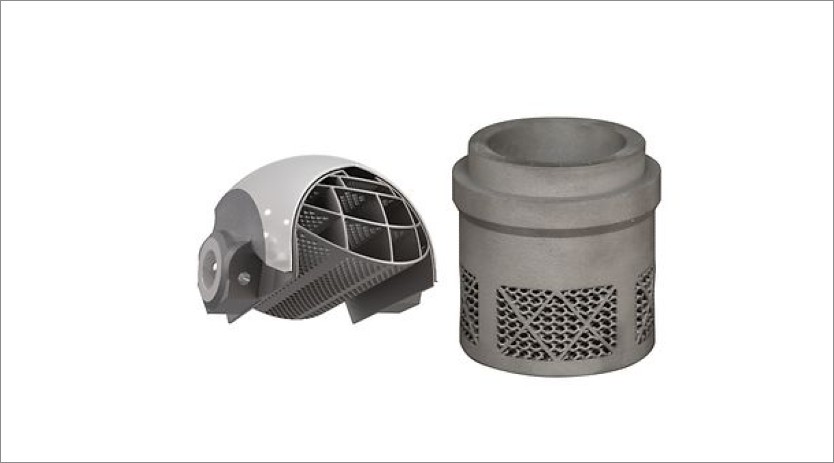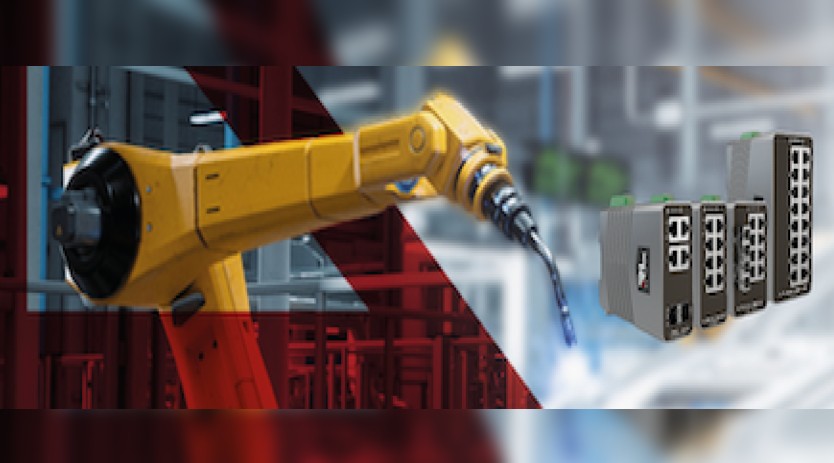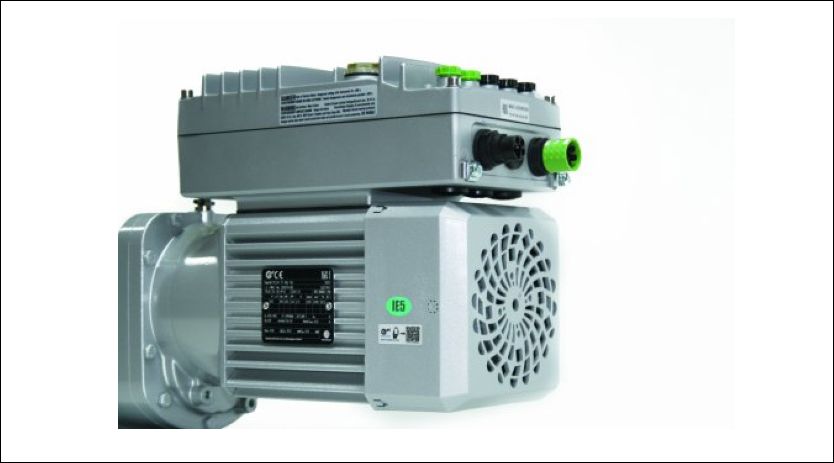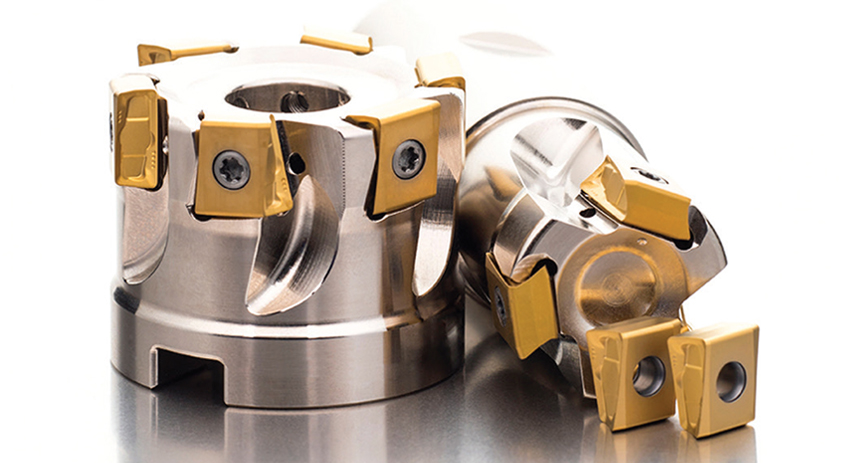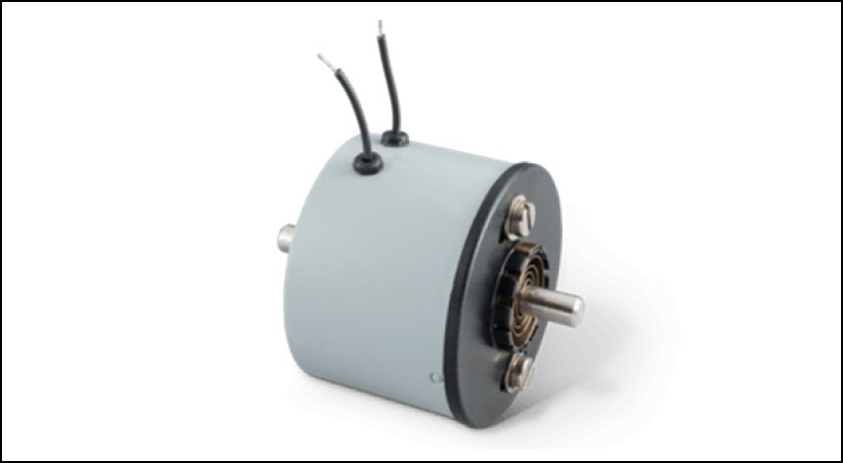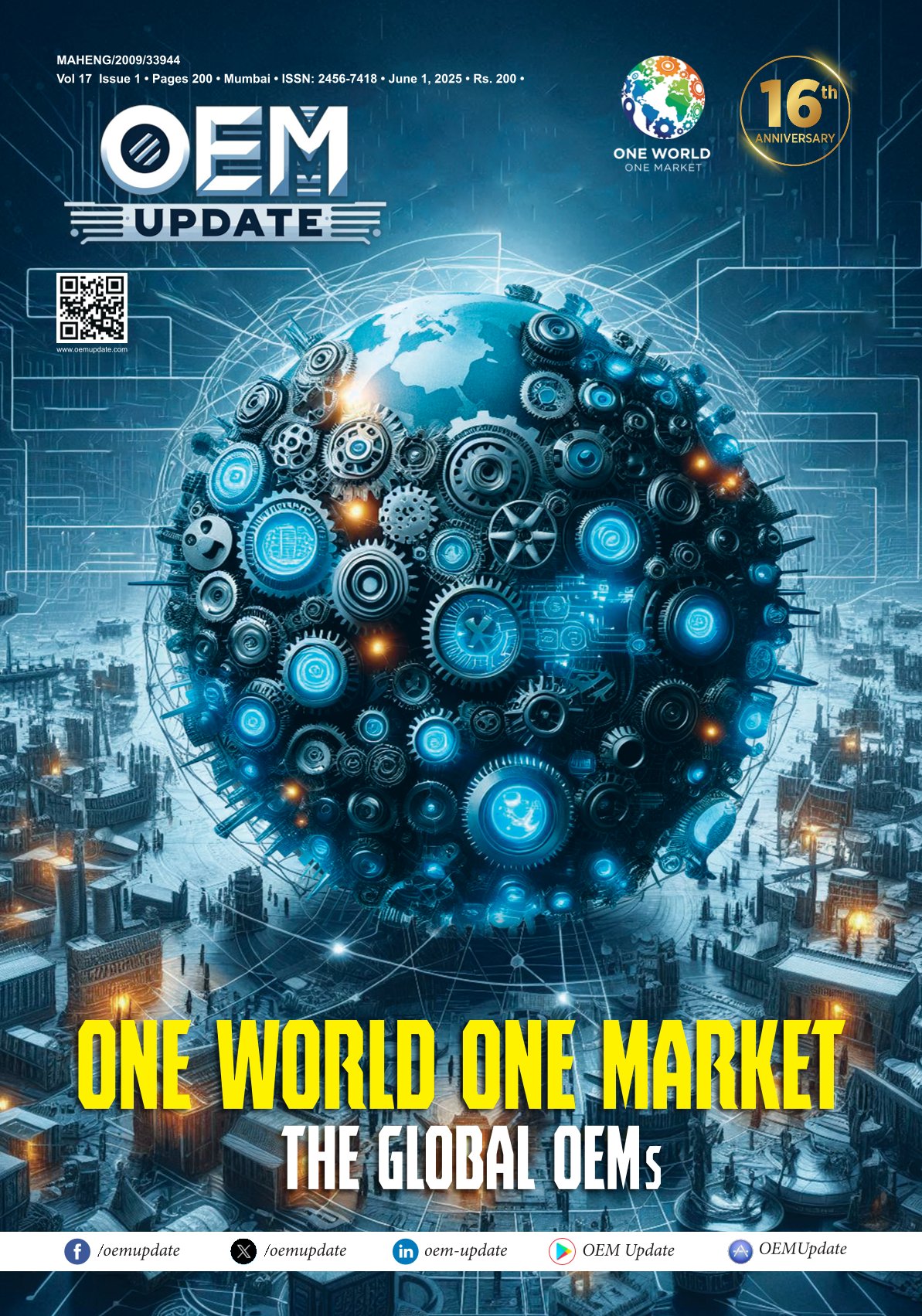Solvent Cleaning Technology – An Overview
By admin March 11, 2011 11:17 am IST
Apart from aqueous cleaning, ‘wet chemical’ processes using solvents are particularly widespread in industrial parts cleaning today. While water-based cleaners are effective in removing polar contaminants e.g., aqueous coolants and lubricants (oil/water emulsions), polishing pastes, additives and salts, solvents (VOC) have emerged as the optimum cleaning medium for dealing with non-polar substances such as greases, oils and waxes.
Overview
VOC’s are defined as an organic compounds that have high vapour pressure under normal atmospheric conditions to significantly vaporize and enter into the atmosphere. Hydrocarbons are obtained in oil refineries. Here crude oil is processed through several stages to form desirable hydrocarbons, used in fuel and other commercial products. Virtually all oil companies extract hydrocarbons in their refineries and market them commercially. For industrial cleaning processes mainly three product categories are used as shown in table 1.
Basic characteristics
Known as
Hydrocarbons
(HC)
Contain C- and H- atoms
Usually flammable fluids
Hydrocarbons used in CLI: C9-C13 Isoparaffins
Similar to Diesel fuel or Kerosene without lubricants
Non-chlorinated Hydrocarbons
Isoparafines
Chlorinated Hydrocarbons
(CHC)
Contain C-, H- and Cl- atoms
Usually not flammable
Toxicological and adverse environmental effects
TCE/PCE
Trichloroethylene (“TRI”)
Perchloroethylene (“PER”)
Oxygenated Hydrocarbons
Contain C-, H- and O-atoms
Usually inflammable
E.g. alcohols, ethers, esters, ketones
Polar solvents
Modified alcohols
In advanced manufacturing, concentrated oils are being increasingly used, e.g., in CNC-turning and milling, grinding, punching and hardening processes. As a result, the products will typically be contaminated with large amounts of such processing oils. However, sensitive downstream operations – such as coating (CVD and PVD), painting, adhesive bonding, soldering/brazing and welding operations require high levels of surface cleanliness and oil-free parts in the interests of process quality. Here, solvent-based systems offer benefits over aqueous processes in terms of surface quality (absence of grease) and cleaning fluid longevity / reconditioning needs. Chips and particles which are insoluble in the solvent are removed along with the oil as they can no longer adhere to the surfaces of the parts.
Contamination
Water -based cleaners
Chlorinated hydrocarbons (CHC)
(e.g. TCE and PCE)
Non-chlorinated
hydrocarbons (HC)
Organic, non-polar
e.g. oil, fat, grease
moderate
very good
very good
Organic, polar
e.g. colophony resin,
water based coolants (emulsions)
moderate
moderate – good
moderate – good
Inorganic, polar
e.g. salts
very good
moderate – good
Moderate
Solids (e.g. chips, particles, dust
depending on machine configuration
Innovative polar solvents / modified alcohols combine the benefits of aqueous and solvent-based cleaning techniques. Thanks to their balanced oil and water solubility profile, these cleaning media allow both non-polar contaminants (such as greases, oils, etc.) and polar (such as emulsion, salts, etc.) contaminations to be removed at the same time. In Europe such solvents are increasingly gaining popularity, while in Asia they have not yet become widespread. Dürr Ecoclean GmbH provides equipment technology for all common media and will choose the optimum medium in terms of specific cleaning requirements and global availability. The technology embodied in a given system is expressed in the following code:
C – (Non chlorinated-) Hydrocarbon technology (HC)
S – Chlorinated Hydrocarbons (CHC)
P – Polar solvents
W – Water based technology
The use of solvents – health and environmental aspects
Chlorinated solvents (CHC) are still in use in industrial part cleaning applications today. They offer well-known advantages such as an almost ‘residue-free’ surface quality of the cleaned product, high degreasing performance, very good drying characteristics, plus worldwide availability of the solvents. Parts contaminated with oil and grease are frequently cleaned by brushing, often manually, in vats containing TRI and PER.
Tables 3 and 4 illustrate the patterns of hydrocarbon (CHC, HC) impact on humans and on the environment. Accordingly, the specifications for environmental management systems such as, e.g., DIN ISO 14001, call for a responsible use of these substances and a high level of awareness in handling them. In order to protect humans and the environment, the use of chlorinated solvents should be reduced or take place in a controlled way in advanced processing systems.
Chlorinated Hydrocarbons (CHC`s)
Non-chlorinated Hydrocarbons (HC`S)
(TCE)
(PCE)
Hazard
Symbol
T = toxic
Xn = harmful
Xn =harmful
Risk-phrases
R36/38: Irritating to eyes and skin
R45: May cause cancer
Cookie Consent
We use cookies to personalize your experience. By continuing to visit this website you agree to our Terms & Conditions, Privacy Policy and Cookie Policy.




